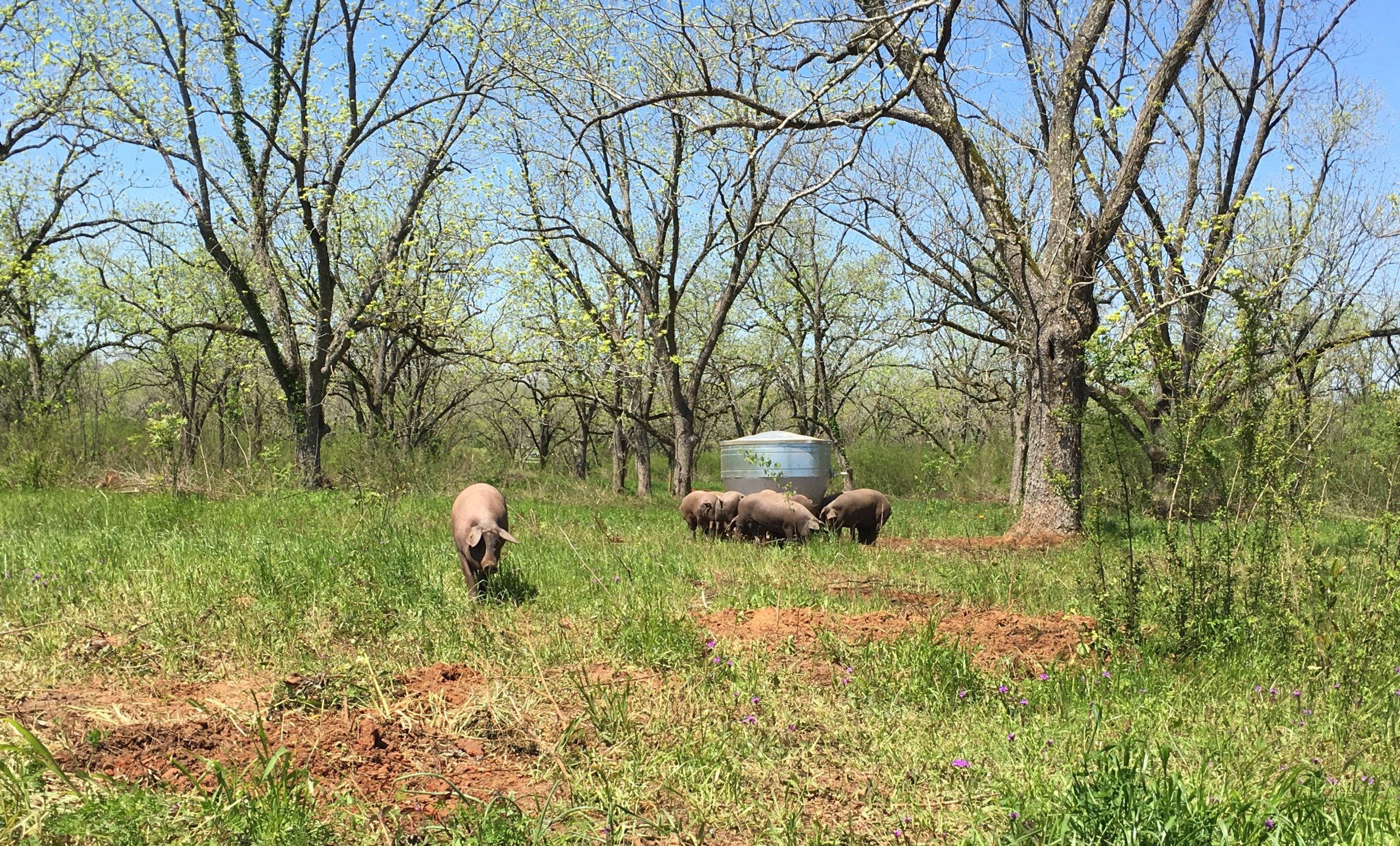Reposted from: https://patch.com/district-columbia/washingtondc/congress-must-reject-so-called-save-our-bacon-act-farm-bill-nodx
August 26, 2025
OPINION:
When the 2025 Farm Bill comes up for debate, lawmakers will face a critical decision: whether to preserve the rights of states and the voices of voters—or to hand even more control of our food supply to foreign corporations and a handful of massive agribusiness conglomerates. The deceptively named “Save Our Bacon (SOB) Act,” H.R. 4673, led by Rep. Ashley Hinson, R-IA, is the latest version of the EATS Act, and it deserves to be rejected outright.
Supporters of this legislation claim it’s about protecting farmers from burdensome regulation. But that’s simply not the case. What the bill would actually do is nullify more than a thousand state and local laws across the country—laws enacted by state legislatures and voters at the ballot box to safeguard food safety, animal health, consumer protection, and market fairness. From pest control safeguards to anti-fraud protections to long-standing animal welfare standards, these laws form the backbone of agricultural policy in the states. Washington has no business tearing them down.
A Federal Power Grab in Disguise
Conservatives rightly warn about federal overreach, and the SOB Act is a textbook example. If passed, it would wipe out decades of state innovation and regulation in agriculture—stripping authority from governors, legislatures, and voters who know their communities best. That’s why organizations like the National Governors Association, the National Conference of State Legislatures, and the National League of Cities all oppose this legislation. Even the National Association of Counties has sounded the alarm, as well as Reps. Nancy Mace, R-SC, and Byron Donalds, R-FL, who are both running for Governor of their states.
This bill isn’t about bacon. It’s about power—and who controls the rules of our food system. And make no mistake: the biggest winner here would be Smithfield Foods, the world’s largest pork producer, which is now wholly controlled by China. Smithfield alone owns one out of every six breeding sows in America. Expanding its influence through federal preemption doesn’t just threaten competition—it raises serious national security concerns.
Broad, Bipartisan Opposition
That’s why opposition to the EATS Act and its “Save Our Bacon” rebrand is broad, bipartisan, and growing. More than 2,000 farms, ranches, and organizations across the country have spoken out. Conservatives like Texas Agriculture Commissioner Sid Miller have been outspoken against it. National security leaders like Gen. Mike Flynn have warnedthat it further opens the door to Chinese control of U.S. agriculture. Country music star John Rich has called out the dangers in both Newsmax and a widely shared video. Former Congressman Alex Mooney, R-WV, a rock-solid conservative, wrote powerfully against it in The Daily Caller and The Washington Times.
Think tanks like R Street, FreedomWorks alumni, and Moms for America have joined the chorus. This isn’t a left-right issue. It’s an issue of sovereignty, fairness, and protecting American farmers and consumers.
Undermining the Market Itself
Supporters also overlook the fact that the pork market has already adapted to state standards. When California voters passed Proposition 12 in 2018, producers began retrofitting facilities, investing millions of dollars to meet consumer demand. Companies like Clemens Food Group, one of the nation’s top pork producers, have spoken out against the billbecause it would undermine those investments. Niman Ranch—a network of producers owned by Perdue—has shown that demand for humane products creates opportunities for smaller and newer farmers to succeed.
Consumers want choices, and many are willing to pay a premium for products that meet higher standards. That’s how markets are supposed to work. Erasing those standards now would pull the rug out under farmers who played by the rules, while rewarding the largest corporate players who lobbied for federal protection.
Even Religious Liberty at Stake
The Harvard Law School report on SOB’s predecessor, the EATS Act, made clear just how far its preemption powers could go—including the risk of undermining kosher and halal food laws. Imagine Washington telling Jewish and Muslim communities that their religious standards for food no longer apply. It’s an absurd overreach—and one that should give every member of Congress pause.
The Farm Bill Test
The Farm Bill is supposed to strengthen American agriculture, not sell it out to foreign-owned corporations or consolidate more power in Washington. Lawmakers from both parties must resist the temptation to let this harmful rider slip into the package. Doing so would erase local laws, destabilize markets, weaken consumer protections, and cede more ground to Beijing in our food system.
Conservatives should especially take note: the so-called Save Our Bacon Act is a Trojan horse. It pretends to defend farmers, but in reality, it undermines states’ rights, betrays free market principles, and compromises national security. True conservative leadership means standing up for the Constitution, the sovereignty of the states, and the independence of America’s farmers.
When the Farm Bill debate begins, Congress must hold the line. Reject the SOB. Keep our food system safe, competitive, and firmly in American hands. Click here to sign the petition against the SOB and tell your Members of Congress to ensure this draconian federal overreach does not pass.
Marty Irby is the President and CEO of Competitive Markets Action, Board Director and Secretary at the Organization for Competitive Markets Action. He was named one of The Hill’s Top Lobbyists for 2019, 2020, 2021, 2023, and 2024, and resides on Capitol Hill in Washington, D.C.
